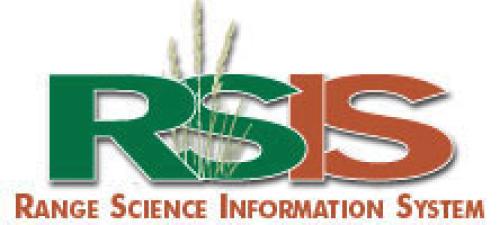At Texas A&M University Agricultural Research Station, Fuhlendorf and Smeins analyzed long-term (45-years) basal area dynamics of dominant graminoid species, across three grazing intensity treatments on the Edwards Plateau, Texas. Taller, more productive mid-grasses were most abundant under moderate or no grazing. Short grasses were most abundant under heavy grazing. Intermediate species were most abundant under moderate grazing and opportunistic weather patterns. The moderately and ungrazed treatments appeared most resistant to short-term weather fluctuations, while the heavily grazed treatment demonstrated significant resilience when grazing intensity was reduced after over 110 years of overgrazing. Significant directional change, which took nearly 20 years, appears to continue in the ungrazed treatment after 45 years of succession. Fuhlendorf and Smeins note that predicting changes associated with a single factor, such as grazing or fire are reasonable in this ecosystem with linear Clementsian models. The primary influence of heavy grazing on increased woody plant dominance is a reduction of fuel from consumption of forage and shifts in herbaceous dominance toward a short-grass community. Less fuel results in lower fire intensities, less uniformity of fires, and lower mortality of woody plants which effectively moves the fire-threshold further into the grassland domain. Thus, when successional changes involve multiple factors, non-linear or multi-scaled linear models may be more appropriate because of interactions between the various factors and feedbacks that create several possible pathways for vegetation change to follow.

Citations and enhanced abstracts for journals articles and documents focused on rangeland ecology and management. RSIS is a collaboration between Montana State University, University of Idaho, and University of Wyoming.